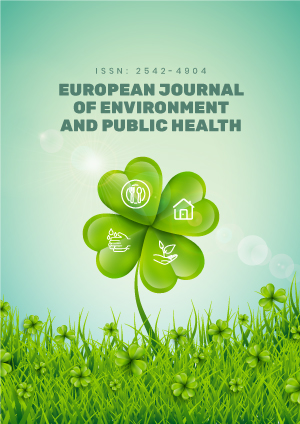Abstract
The national public health services and the organizations carried out over the practice of policy interventions and changes in the functioning of government, public policy, and public health sector administration. This conceptual study analyses the public health services and anti-corruption management organizations have direct links with political intervention. They have a negative impact on society and partially effective responses, also in times of pandemic, with affected epidemiological factors in the protection of public health. Leadership in the services plays a key role in ensuring smooth functioning and transparency, and the influence on them of the government and administrative machinery in Greece by the government.
A phenomenon and practice, where the laws are completely renewed every time the government changes with the introduction of a specific policy. It is necessary that the structure and functioning of the state, public officials, and personnel be outlined in the context of the implementation of minimizing corruption. The primary purpose for integrity, a particular problem with the appointments of supervisors in these departments by direct assignment to the posts of directors, without considering the relevant legislation and without merit-based procedures and review by the special service councils that appoint directors based on criteria and legislation governing the evaluation of employees. Digital health services and e-government is also determining factor with a positive impact, universally, also and in times of pandemics will give benefits in relation to the anti-corruption actions. In this study give necessary methodology, systematic literature reviews and principles to anti-corruption.
License
This is an open access article distributed under the Creative Commons Attribution License which permits unrestricted use, distribution, and reproduction in any medium, provided the original work is properly cited.
Article Type: Review Article
EUR J ENV PUBLIC HLT, Volume 7, Issue 3, 2023, Article No: em0139
https://doi.org/10.29333/ejeph/13171
Publication date: 01 Jul 2023
Online publication date: 08 Apr 2023
Article Views: 1260
Article Downloads: 1145
Open Access References How to cite this article
 Full Text (PDF)
Full Text (PDF)